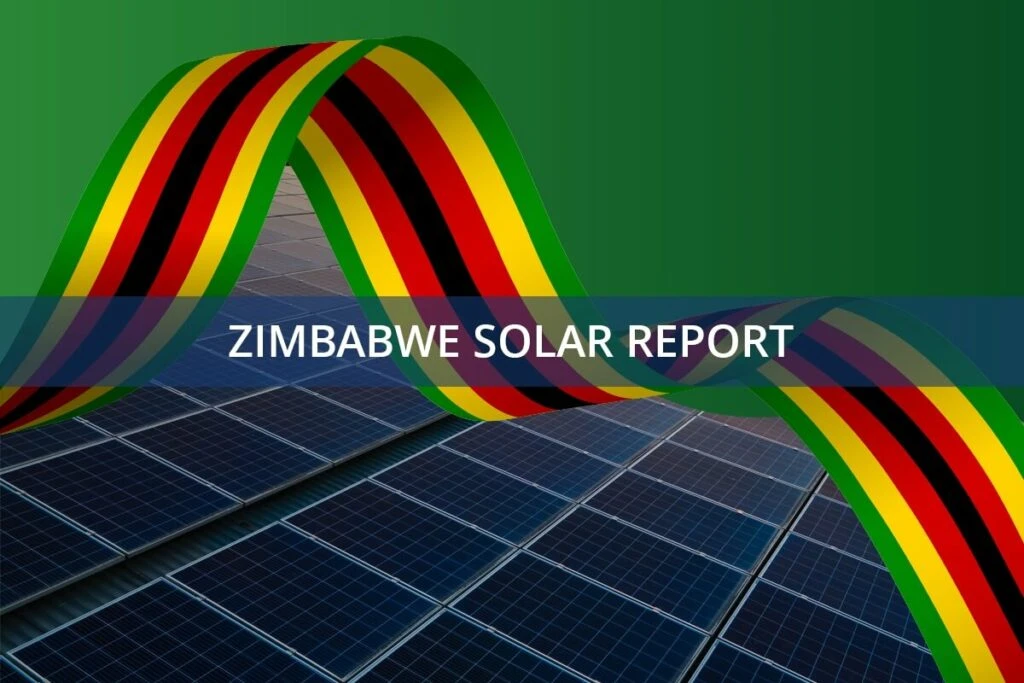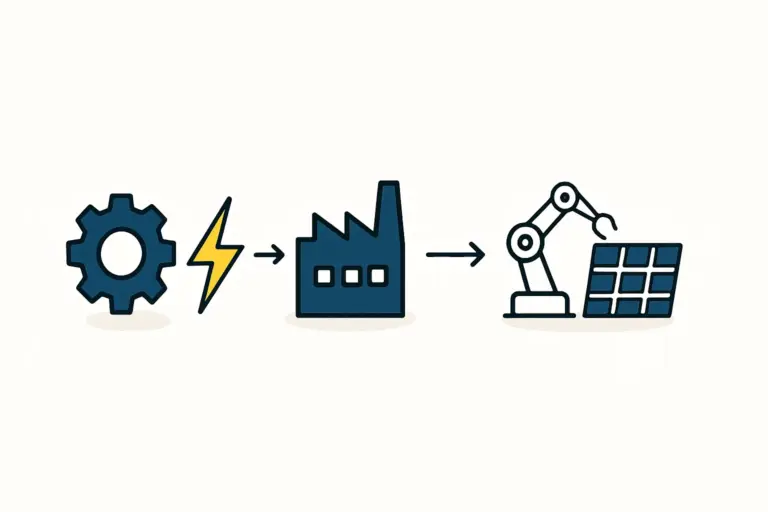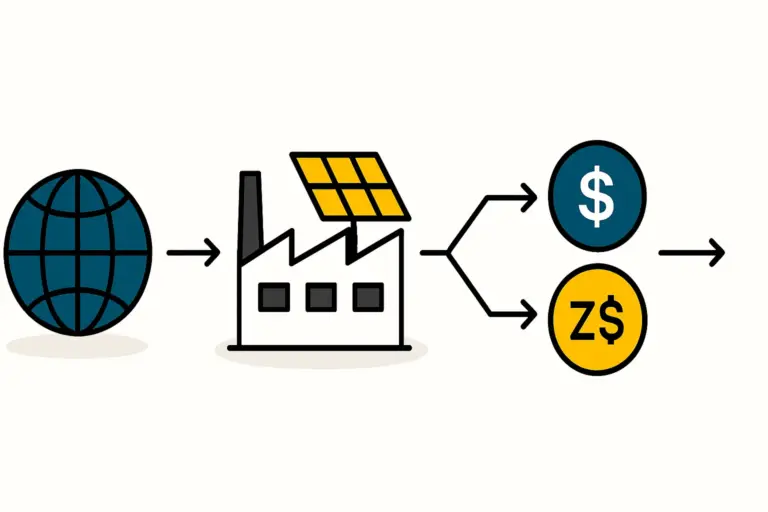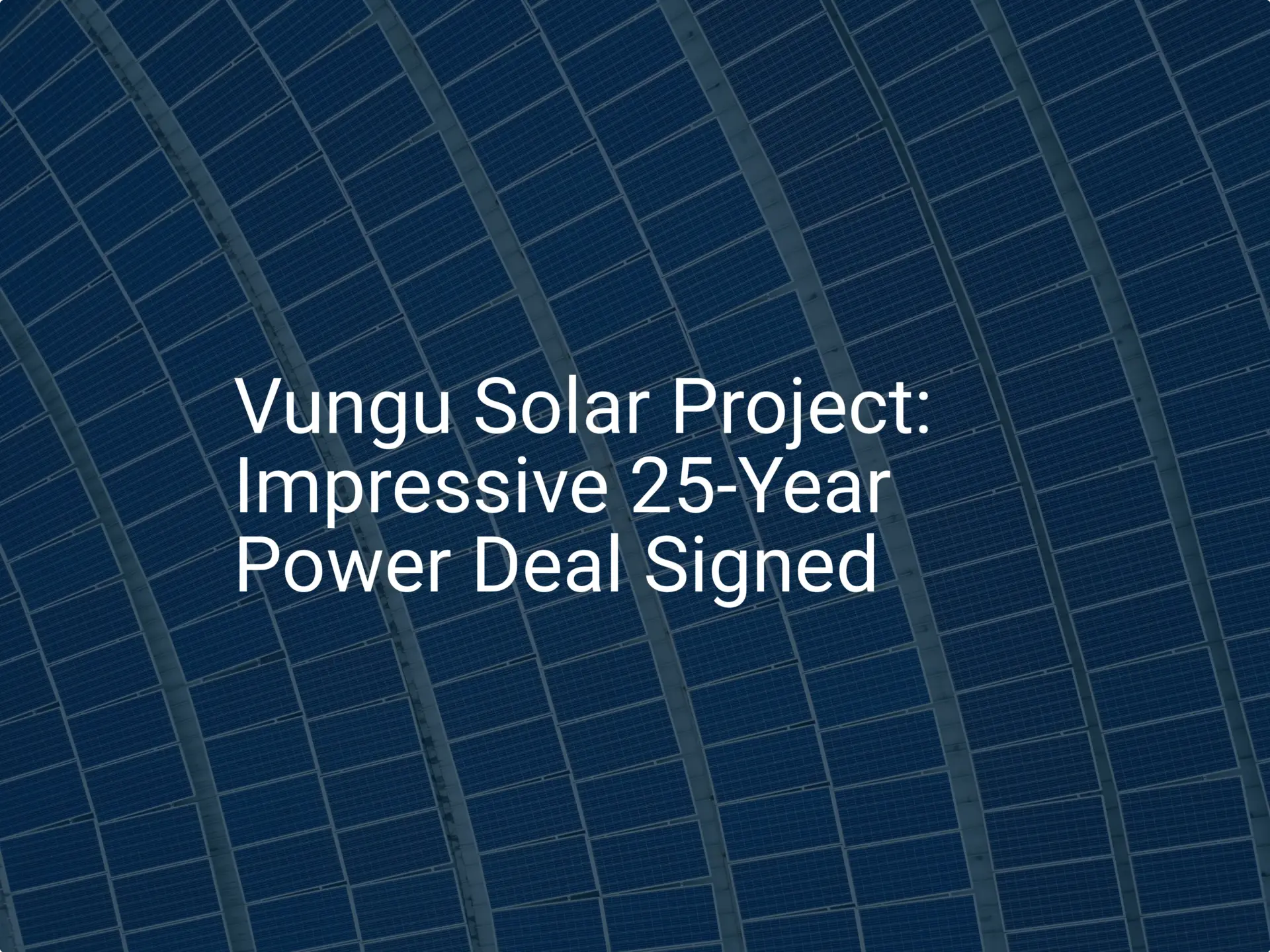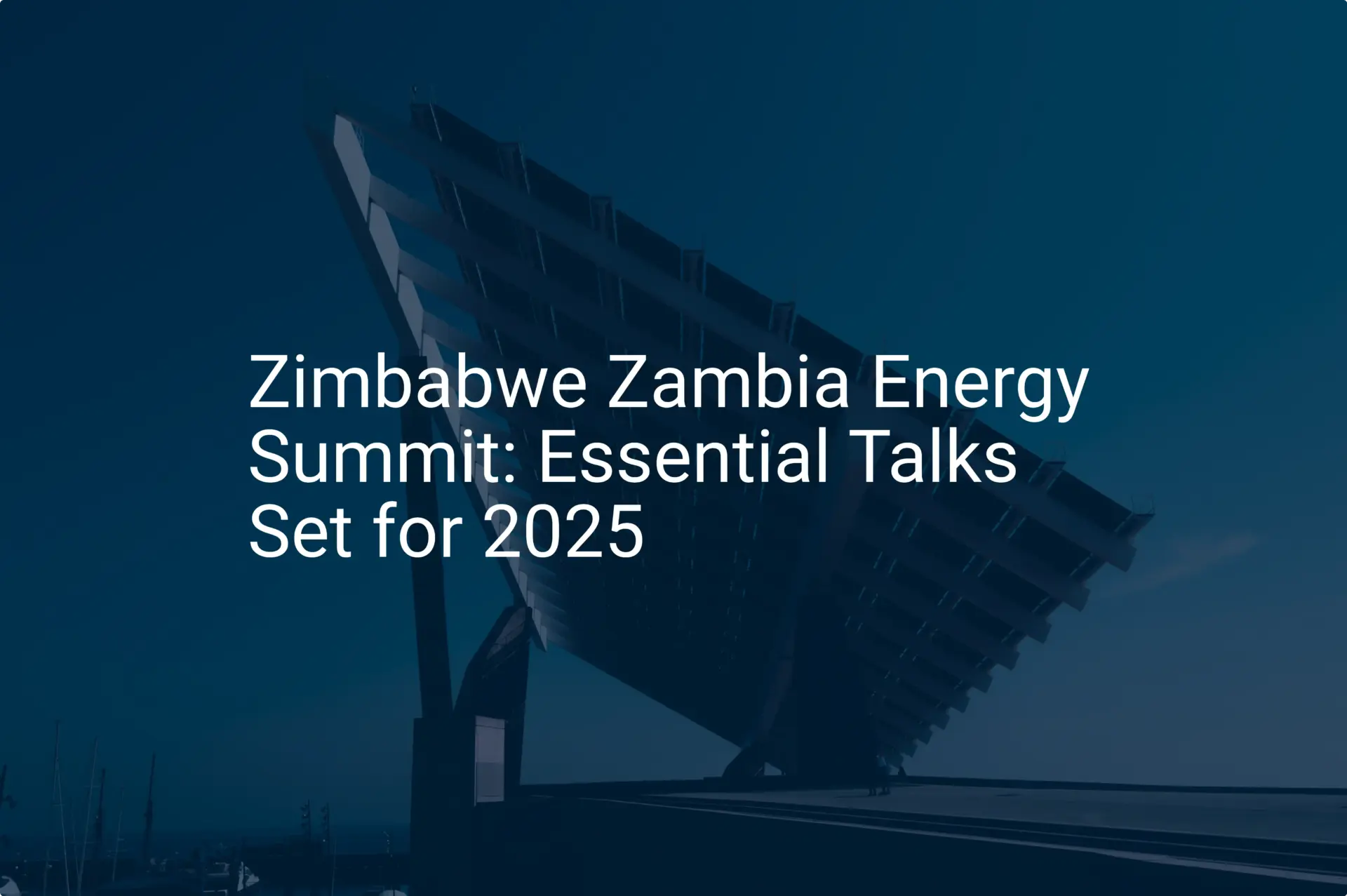Entrepreneurs entering the solar manufacturing sector often focus on technology, equipment, and market demand. Yet the regulatory and fiscal environment, a less-discussed but equally critical factor, can determine a venture’s financial viability.
In Zimbabwe, the government’s strategic use of Special Economic Zones (SEZs) offers a powerful opportunity for investors. These zones can transform the financial model of a new solar module factory, making it more competitive and profitable from day one.
Understanding these incentives is crucial for building a sustainable manufacturing operation. This guide explains the specific benefits available within Zimbabwe’s SEZs and outlines how to structure a project to qualify, offering a clear framework for professionals exploring this high-potential market.
Understanding the Opportunity: Zimbabwe’s Push for Renewable Energy
Zimbabwe’s commitment to transforming its energy landscape is detailed in its National Renewable Energy Policy. The policy sets an ambitious goal of installing over 1,100 megawatts (MW) of renewable energy capacity. This signals strong government backing and creates a predictable, long-term market for locally produced solar components.
This national strategy creates a distinct advantage for in-country manufacturers. By producing solar modules locally, a business can more effectively serve the utility-scale projects, commercial installations, and off-grid initiatives that are central to the government’s energy goals.
For a new venture, establishing a manufacturing presence within a Special Economic Zone is the most effective way to align with these national objectives and maximize financial returns.
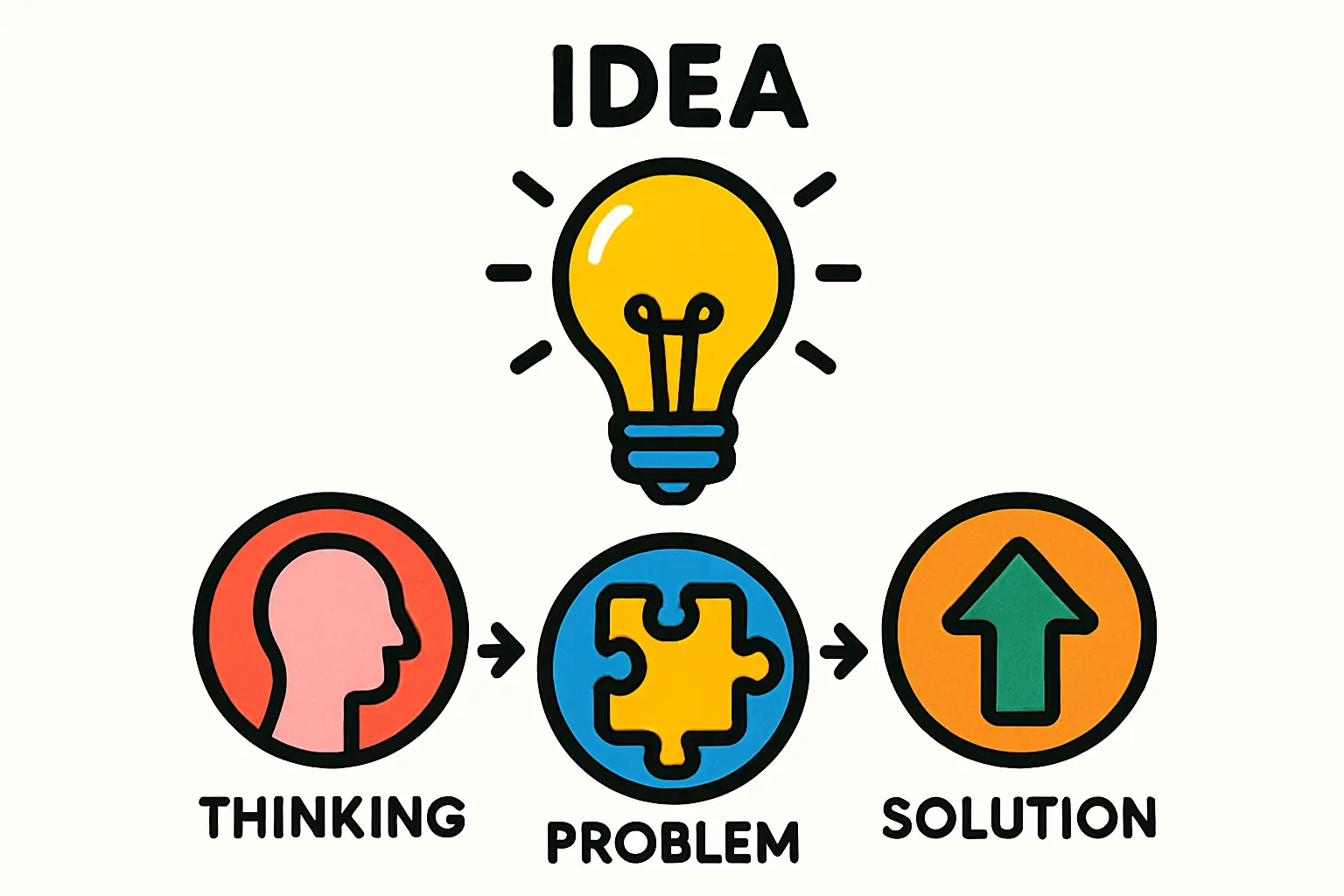
What is a Special Economic Zone (SEZ) in the Zimbabwean Context?
A Special Economic Zone is a geographically designated area where business and trade laws differ from the rest of the country. The primary goal of an SEZ is to attract foreign direct investment, boost industrialization, and promote exports.
In Zimbabwe, SEZs are managed by the Zimbabwe Investment and Development Agency (ZIDA). Established under the ZIDA Act, this agency acts as a central hub for investors, streamlining registration, licensing, and operational support. For an entrepreneur, ZIDA simplifies administration, reduces bureaucracy, and serves as a single point of contact for all regulatory matters.
Key Financial Incentives for Solar Manufacturers in Zimbabwean SEZs
The fiscal incentives offered within Zimbabwe’s SEZs are among the most attractive in the region. They are designed to significantly reduce both the initial capital expenditure and the long-term operational costs of a manufacturing facility.
Corporate Income Tax Holiday
The most significant incentive is a complete exemption from Corporate Income Tax for the first five years of operation. After this initial period, a concessionary tax rate of 15% applies for the life of the project.
This tax structure allows a new business to reinvest early profits directly into growth, scaling operations and achieving profitability much faster than would be possible under standard tax regulations.
Duty-Free Importation of Capital Equipment
Setting up a solar module factory requires a substantial investment in specialized machinery. The cost of a complete solar panel manufacturing line (https://www.pvknowhow.com/solar-panel-manufacturing-line) is one of the largest items in the initial budget.
Under SEZ regulations, all capital equipment and machinery can be imported entirely free of customs duties. This single provision can dramatically lower the initial investment hurdle and the overall cost to start a solar panel factory (https://www.pvknowhow.com/how-much-does-it-cost-to-start-a-solar-panel-factory).
Exemption on Raw Material Duties
Beyond the initial setup, SEZ status also allows for the duty-free importation of raw materials and intermediate products required for the manufacturing process. This benefit reduces the ongoing cost of goods sold, enhances profit margins, and improves the price competitiveness of the final product in both domestic and export markets.
Additional Tax Benefits for Investors
To further encourage investment, the SEZ framework includes several other tax exemptions:
- Non-residents’ Tax: Investors are exempt from taxes on fees, royalties, and dividends distributed to non-resident shareholders.
- Capital Gains Tax: Any capital gains from the sale of property forming part of the investment in an SEZ are exempt from tax.
These combined incentives create a highly favorable financial environment specifically tailored to capital-intensive industries like solar manufacturing.
Designated SEZ Locations for Your Project
The Zimbabwean government has designated several areas as SEZs, each with unique logistical and industrial advantages. Key zones suitable for a manufacturing project include:
- Sunway City (Harare): Near the capital, this zone provides excellent access to government bodies, logistical networks, and a large labor pool.
- Bulawayo: As Zimbabwe’s traditional industrial hub, Bulawayo offers access to established engineering expertise, supply chains, and infrastructure.
- Victoria Falls: Designated as an International Financial Services Centre, this zone offers unique benefits for businesses focused on export and international trade.
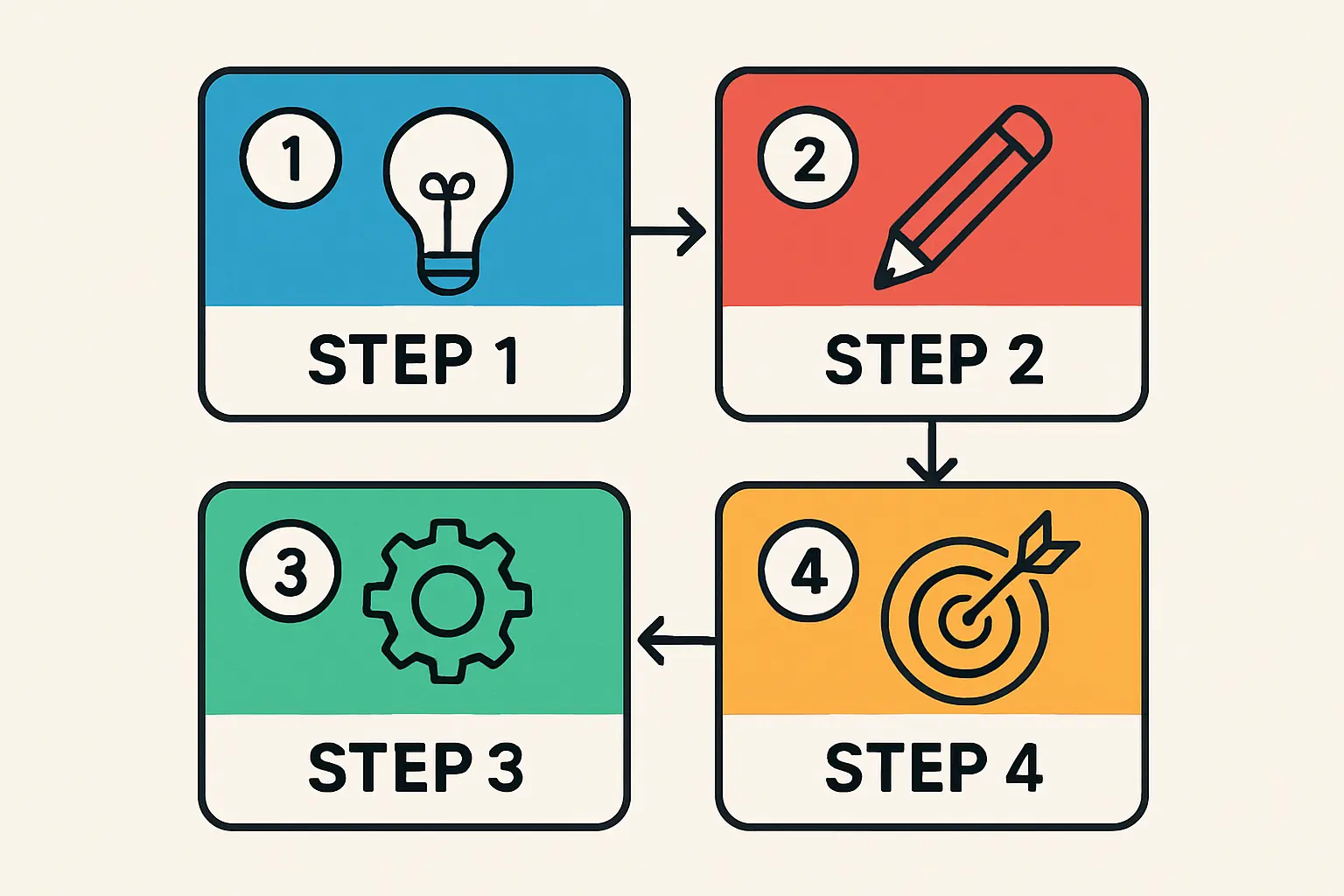
The Application Process: Qualifying for SEZ Status
Securing an SEZ license requires a well-prepared and comprehensive application submitted through ZIDA. While the agency aims to simplify the process, the quality of your documentation is paramount.
The Role of ZIDA
ZIDA acts as the facilitator and regulator for all SEZ applications. The agency assesses the economic and technical viability of a proposed project, its potential for job creation, and its alignment with national development goals.
Essential Documentation
A successful application is built on meticulous planning. The core documents required typically include:
- A Detailed Project Proposal: This document must outline the technical scope, production capacity, and target market for the solar module factory.
- Proof of Funding: Investors must demonstrate they have secured the necessary capital to finance the project.
- A Comprehensive Business Plan: This is arguably the most critical component. A robust solar panel manufacturing business plan (https://www.pvknowhow.com/solar-panel-manufacturing-business-plan) should include detailed financial projections, a market analysis, an operational plan, and a human resources strategy.
A Step-by-Step Overview
While specifics can vary, the general application process involves submitting the required documents to ZIDA, followed by a period of due diligence and review. A clear, professionally prepared submission is the most effective way to ensure smooth and timely approval.

Common Challenges and Strategic Considerations
While the SEZ incentives are substantial, prospective investors should be aware of potential challenges. Navigating administrative requirements, even with ZIDA’s assistance, demands careful preparation. The most common point of failure is an incomplete or poorly justified business plan.
Based on experience from J.v.G. Technology GmbH turnkey projects in emerging markets, a well-structured plan is the most critical factor for securing investment and approvals. It demonstrates to regulators that the project is not merely speculative but is a viable, well-researched business venture poised for success.
Dedicating sufficient resources to this planning phase is essential before beginning the application process.
Frequently Asked Questions (FAQ)
What is the minimum investment required to be considered for an SEZ license?
There is no officially stipulated minimum, but the investment must be substantial enough to be considered strategically important. For a solar manufacturing plant, this would typically be a multi-million dollar investment. A project’s potential for job creation and technology transfer is often as important as the capital amount.
How long does the ZIDA application process typically take?
Timelines can vary depending on the project’s complexity and the completeness of the application. ZIDA is mandated to streamline the process, but investors should plan for a review period of several months.
Are there local content or employment requirements within an SEZ?
While not always strictly mandated, projects that prioritize hiring local labor and engaging local suppliers are generally viewed more favorably. A commitment to skills training and development for Zimbabwean employees strongly boosts an application.
Can a foreign-owned company fully own a business in a Zimbabwean SEZ?
Yes, the ZIDA Act allows for 100% foreign ownership of businesses located within Special Economic Zones, providing investors with full control over their operations.
Next Steps for Aspiring Solar Manufacturers
The Special Economic Zone incentives in Zimbabwe offer a powerful advantage for establishing a profitable solar module manufacturing business. The combination of tax holidays, duty-free imports, and streamlined administrative support significantly de-risks the investment and accelerates the path to profitability.
For entrepreneurs beginning this journey, developing a detailed feasibility study and a bankable business plan is the critical next step. Resources like the structured e-courses available on pvknowhow.com can provide a framework for this vital planning phase, helping to translate a strategic vision into an actionable and successful enterprise.

